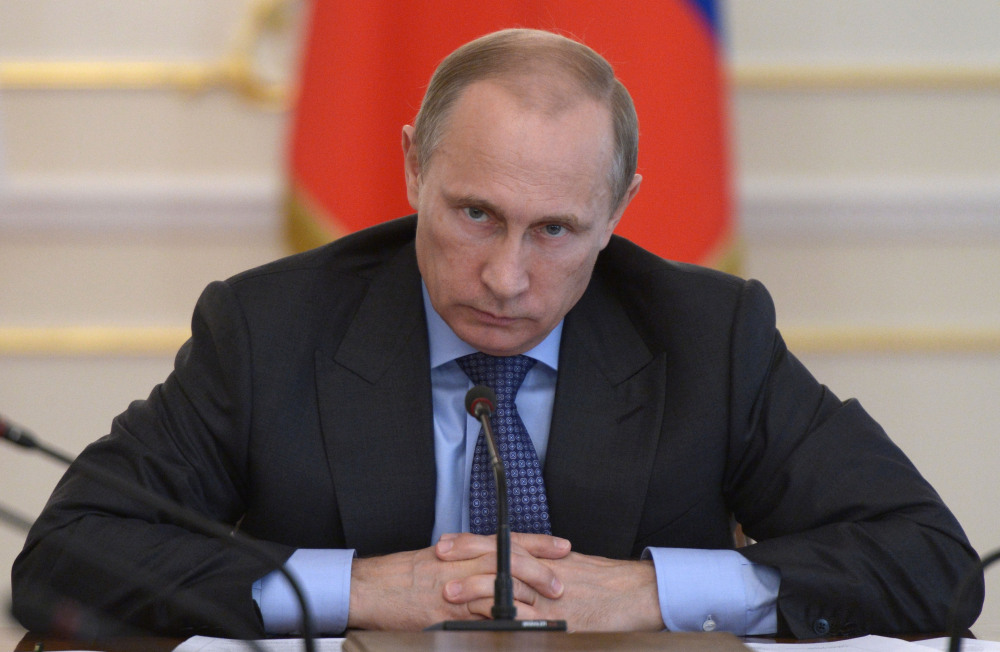MOSCOW — U.S. and European sanctions against Russia’s energy and finance sectors are strong enough to cause deep, long-lasting damage within months unless Moscow persuades the West to repeal them by withdrawing support for Ukrainian insurgents.
The U.S. and European Union released details Wednesday of new sanctions aimed at hurting Russia’s economy without doing undue damage to their own trade interests, punishment for alleged Russian support for Ukrainian rebels and Russia’s annexation of the Ukrainian peninsula of Crimea.
The sanctions go further than earlier penalties – which had largely targeted individuals – by broadly limiting the trade of weapons and of technology that can be used in the oil and military industries. The EU also put its capital markets off-limits to Russian state-owned banks.
The bloc blacklisted three more companies and eight additional individuals, bringing the total to 95 people and 23 entities that have been hit with EU-wide asset freezes and travel bans. They include three close associates of President Vladimir Putin: his former judo partner Arkady Rotenberg, and the two largest shareholders of Bank Rossiya; Yuri Kovalchuk and Nikolai Shamalov.
Experts said the sanctions wouldn’t have a tremendous impact in the short term, but if left in place for months will stifle development in the Russian economy and sap its financial sector. Already, economists have revised downward their predictions for Russian growth this year, with some saying the country will go into recession.
The biggest immediate impact is likely to come from the financial sanctions. U.S. officials said roughly 30 percent of Russia’s banking sector assets would now be constrained by sanctions.
The measures against Russian banks are meant to inflict just enough pain without causing them to collapse. “The aim is not to destroy these banks,” said a senior EU official.
Russia’s foreign ministry complained vocally about the sanctions, criticizing the U.S. for “advancing baseless claims” about its role in Ukraine in a “pretentious, prosecutorial manner.” It criticized the EU for allowing its policy to be “dictated by Washington.”
EU officials emphasized that while the latest measures last for one year, they can be annulled at any time – intended as an incentive for Russia to dial back its support for the Ukrainian rebels. So far, previous sanctions have had little effect on Russia’s actions in Ukraine.
Send questions/comments to the editors.



Success. Please wait for the page to reload. If the page does not reload within 5 seconds, please refresh the page.
Enter your email and password to access comments.
Hi, to comment on stories you must . This profile is in addition to your subscription and website login.
Already have a commenting profile? .
Invalid username/password.
Please check your email to confirm and complete your registration.
Only subscribers are eligible to post comments. Please subscribe or login first for digital access. Here’s why.
Use the form below to reset your password. When you've submitted your account email, we will send an email with a reset code.